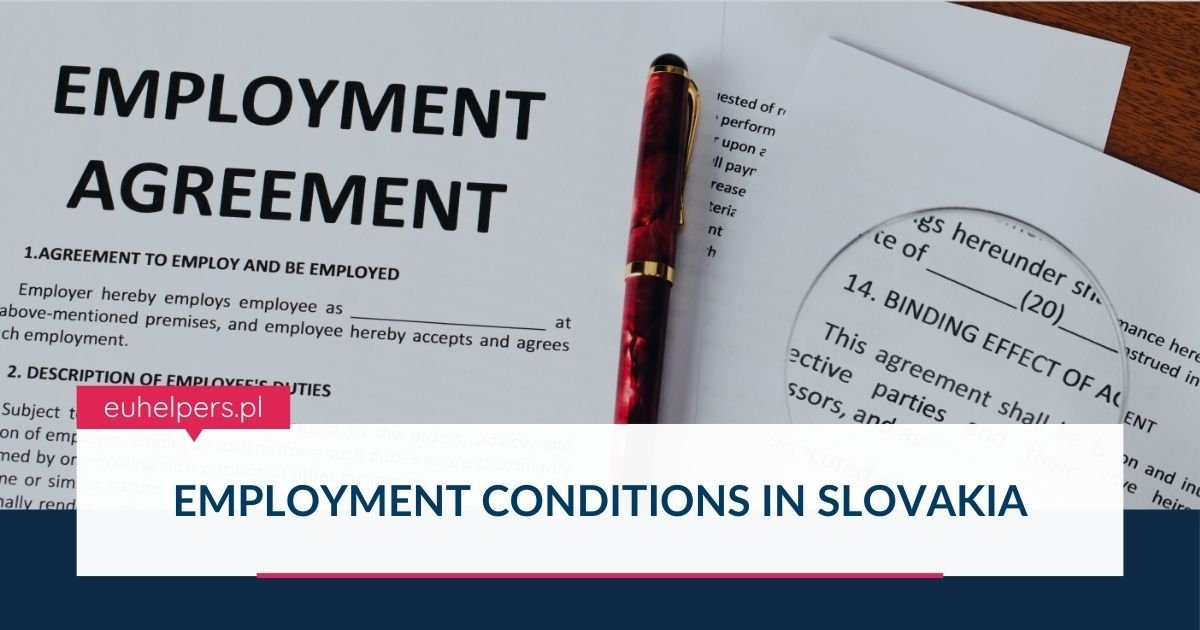Slovakia offers a structured and regulated work environment, ensuring fair wages, reasonable working hours, and comprehensive employee benefits. Here’s a detailed overview of the key employment conditions in the country for 2025.
Minimum Wage in Slovakia
The minimum wage in Slovakia varies based on the worker’s skill level:
- General Workers: The minimum monthly wage is set at €750.
- Skilled Workers: Those with specialized skills earn a minimum of €900 per month.
These wage levels help maintain a fair standard of living and ensure financial security for workers across various industries.
Working Hours and Overtime Regulations
- Standard Working Hours: Employees typically work 40 hours per week under normal conditions.
- Overtime Compensation:
- Overtime is generally paid at 125% of the regular hourly rate.
- Work on Sundays and public holidays is compensated at 150% of the usual hourly wage.
These regulations ensure that employees are fairly compensated for extra working hours and maintain a healthy work-life balance.
Leave and Public Holidays
- Annual Leave: Workers are entitled to a minimum of 20 days of paid leave each year.
- Public Holidays: Slovakia observes 15 public holidays annually, during which most employees are granted time off.
These leave policies provide employees with sufficient rest and opportunities for personal well-being.
Taxation and Social Contributions
- Income Tax Rates: Slovakia follows a progressive tax system:
- A standard tax rate of 19% applies to most income brackets.
- Higher earnings are subject to a 25% tax rate.
- Social Security Contributions: Employees contribute approximately 13.4% of their gross salary toward social security, covering healthcare, pensions, and unemployment benefits.
These tax policies support Slovakia’s social welfare system while ensuring financial stability for workers.
With clear regulations on wages, working hours, and employee benefits, Slovakia continues to offer a fair and stable work environment in 2025. These employment conditions ensure that workers receive appropriate compensation and social protection while contributing to the country’s economic growth.

